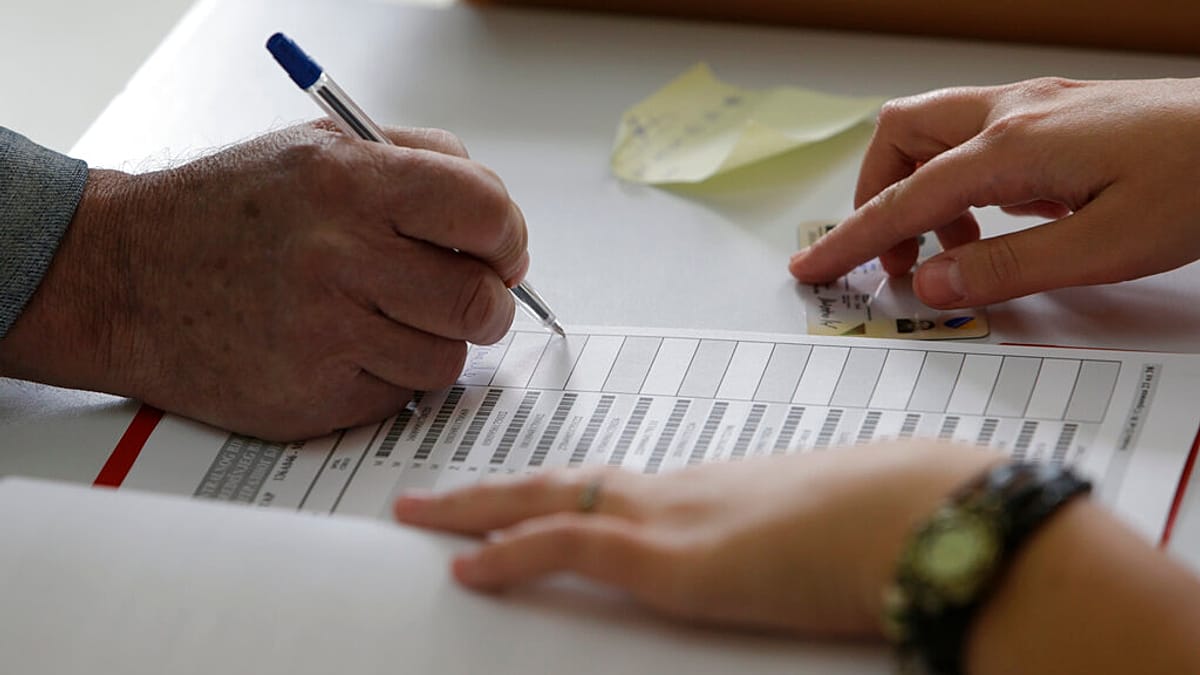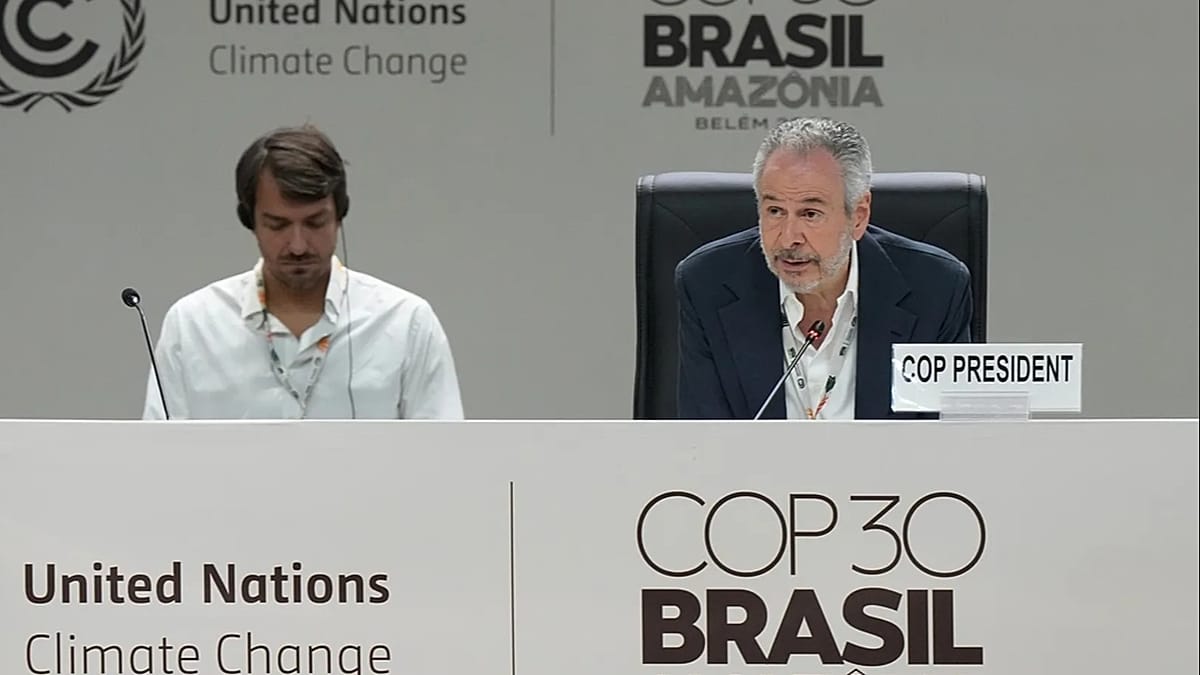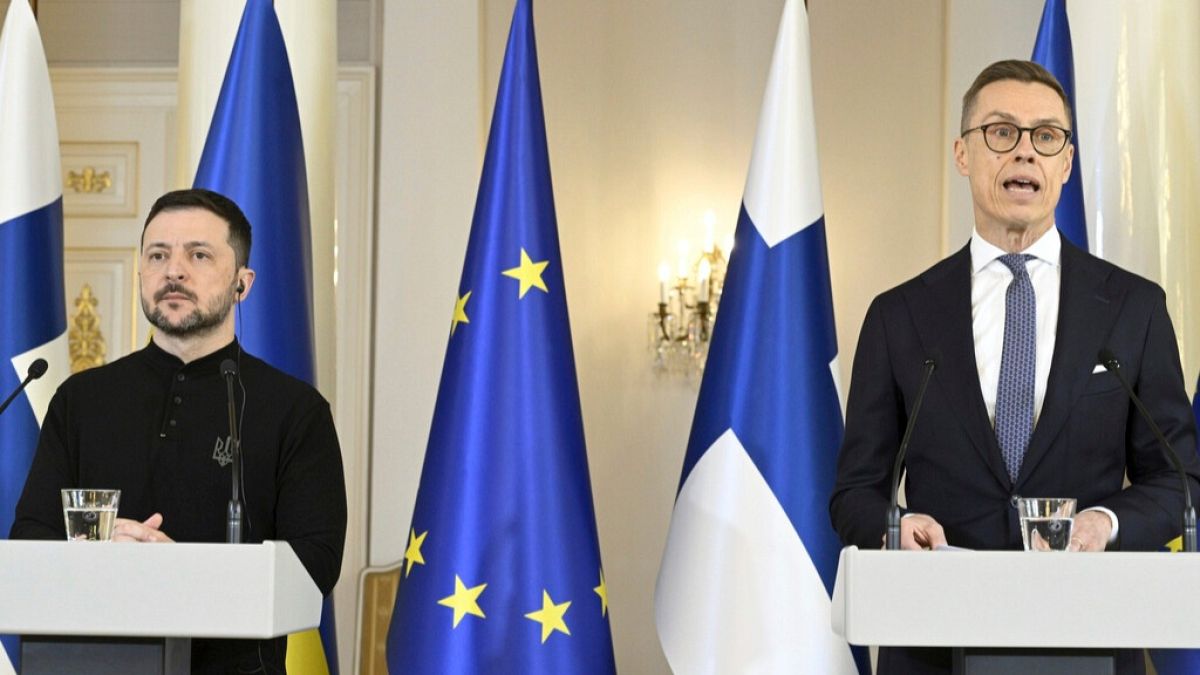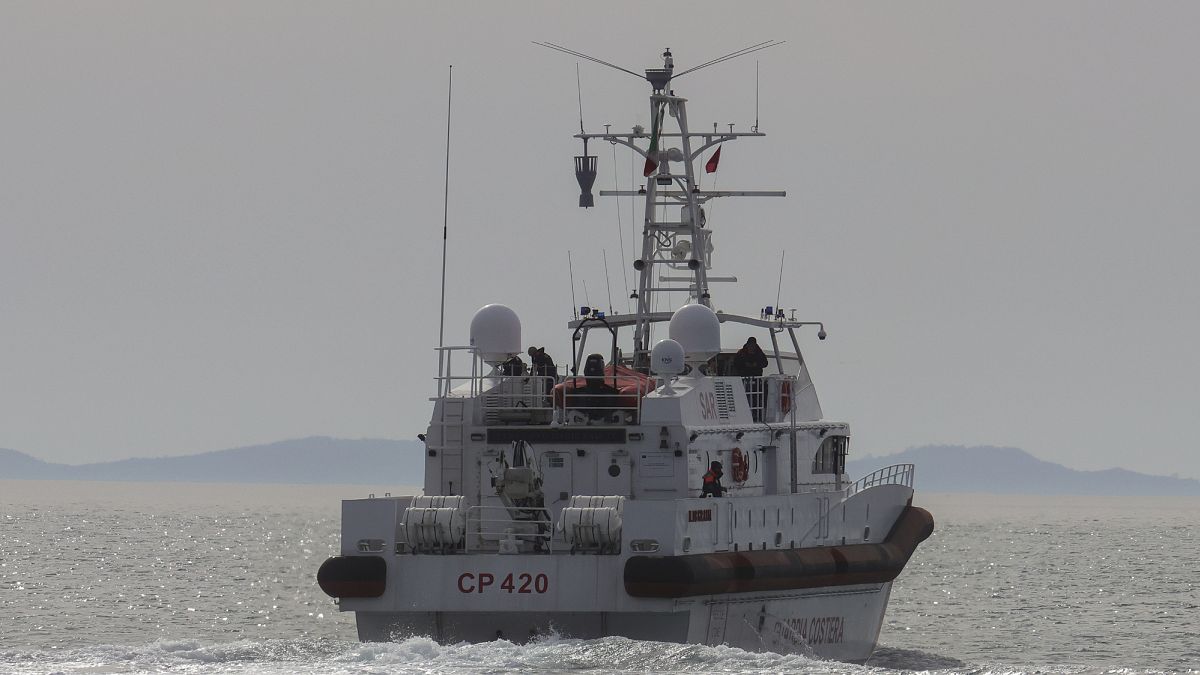Šefčovič: The old days of an open and predictable market are definitively over

Bratislava – The global economy has entered a new era of trade relations characterized by a hard enforcement of national interests. This was stated by Slovak European Commissioner for Trade and Economic Security Maroš Šefčovič during last week’s Visegrad 4 Business conference in Bratislava.
“I believe that a return to the trade relations that existed before April 2 of this year, when the United States began its customs policy, will not be possible in the near future,” warned the European Commissioner, who is leading negotiations on trade and customs policy with the US administration on behalf of the EU.
According to him, the old days of an open and predictable market are over, replaced by a world of tougher enforcement of national interests. He added that data, rare earths, and highly sensitive technologies are increasingly becoming tools of political struggle. In response to this trend, Šefčovič mentioned that as a European Commissioner, he is preparing a doctrine of economic security for the EU, which will reflect on these new phenomena.
Regarding the high input costs for energy in the European Union, Šefčovič stated that it is one of the main priorities that needs to be addressed. He explained that energy prices are influenced by three factors: “the price of the commodity itself, tariff charges, and taxes and prices of emission allowances,” with these components being regulated at both the EU level and the level of individual member states. The Union has already adopted several action plans, and energy ministers regularly discuss the topic, but Šefčovič warns that it is “necessary to elevate the urgency of this issue to an even higher political level.”
He sees the solution in diversifying sources, fair tariffs, and ensuring that the transportation of energy and the functioning of connections between countries are as efficient and cost-effective as possible.
Šefčovič perceives the solution to the EU’s dependence on critical raw materials as one of the key themes of economic security. Therefore, the EU has developed a new list of critical raw materials, which today contains more than 30 items, and has initiated the implementation of strategic projects.
“We have just completed the selection of the first 47 strategic economic European projects in the EU and 13 in third countries, meaning there are various countries from Greenland, Serbia to Ukraine,” Šefčovič clarified. According to him, these projects will have more favorable conditions in permitting processes and financing from European funds. The goal is to repeat this process every year.
Šefčovič highlighted, for example, Japan’s approach, which has a separate minister for economic security. This minister closely collaborates with the business sector to identify deficiencies. The Japanese have also created a state organization that ensures joint purchases of critical raw materials and strategically stores them in case of a sudden shortage. He believes that a similar system should be established in the EU, and this is the direction in which the European discussion is currently heading, concluded the Commissioner.
The Visegrad 4 Business conference has been jointly organized since 2022 by four business organizations from the V4 region: the Council of Slovak Exporters, the Czech Exporters Association, the Hungarian Entrepreneurs Club MAPI Club, and the Polish Economic Forum. The key topics of this year’s forum were trade relations between the V4 and the USA, the automotive sector, EU competitiveness, and the trade potential of the V4. (June 17)
“A return to the trade relations that existed before April 2 of this year, when the United States began its customs policy, will not be possible in the near future.” Maroš Šefčovič













































